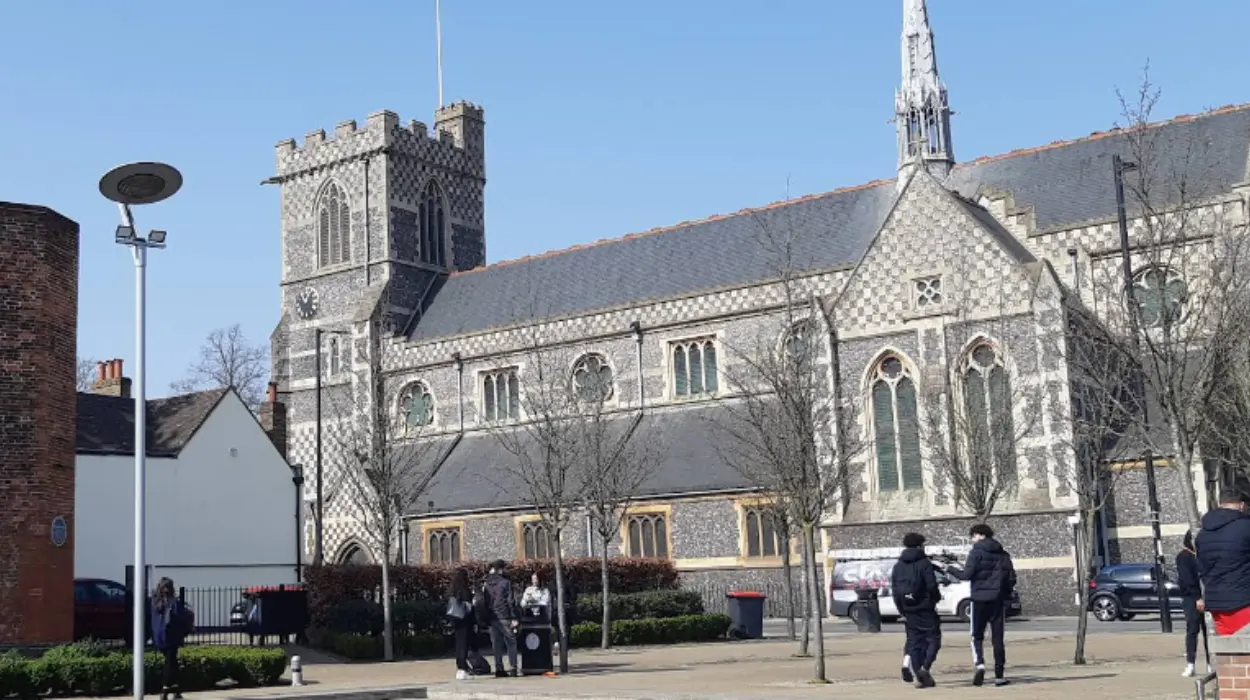Barnet (Parliament Politics Magazine) – Thousands of Barnet homes have received energy efficiency upgrades under a government scheme tackling fuel poverty, new figures have revealed.
In order to combat fuel poverty and contribute to the reduction of carbon emissions throughout Great Britain, the Energy Company Obligation was implemented in 2013.
Some energy providers must assist low-income and vulnerable households with heating their houses, which may include installing insulation or modernizing a heating system.
Programs like the ECO “have made a huge positive difference to vulnerable people,” according to fuel poverty charity National Energy Action. However, it cautioned that rising energy costs “mean a warm home remains unaffordable for millions of households.”
The average household paying by direct debit for gas and electricity saw their annual energy bill rise from £1,720 to £1,755 last week due to a 2% increase in the energy price ceiling by energy regulator Ofgem.
Since the program’s inception in 2013, 8,131 ECO measures have been implemented in Barnet, according to latest data from the Department for Energy Security and Net Zero.
This indicates that 52 measures have been implemented in the area for every 1,000 homes.
Approximately 153 enhancements per 1,000 persons, or roughly 4.3 million measures, have been deployed throughout Great Britain.
Peter Smith, director of policy and advocacy at National Energy Action, said:
“When delivered well, energy saving schemes like the ECO have made a huge positive difference to vulnerable people, helping to keep homes warmer for less money.
Despite this, recent increases in energy bills mean a warm home remains unaffordable for millions of households.
The UK Government is also on course to miss their legal obligation to bring all fuel poor households up to a reasonable standard of energy efficiency by the end of this decade.”
Even though wholesale prices decreased by 2% in the three months before Ofgem’s most recent price cap decision, energy expenses have increased.
However, due mostly to the government’s extension of the Warm Home Discount, standing charges the amount that customers pay each day to have energy delivered to their homes are expected to increase by 4% for electricity and 14% for gas, or 7p per day.
Following the government’s announcement that it would eliminate the “hard to heat” eligibility requirements, an additional 2.7 million low-income households will be eligible for the £150 Warm Home Discount this winter.
Smith said:
“The UK government’s Warm Homes Plan provides the biggest opportunity in decades for millions of fuel poor households to live in warm, healthy homes.
Although significant, the investment that has already been allocated needs to be prioritised to meet legal fuel poverty targets and provide the greatest assistance to fuel poor households who live in the leakiest homes.
It should be seen as a crucial plank of a plan to reduce the impacts of a cost of living that has become difficult to meet for millions.”
Fuel Poverty Action spokesperson Jonathan Bean said:
“Unaffordable energy is forcing millions of us to ration our heating and suffer in cold homes in winter.
This is especially dangerous for older and disabled people.
Government home retrofit schemes can help bring bills down, but people should check that the company they chose is listed by their local authority and that work is done properly.”
Minister for energy consumers Martin McCluskey said:
“We are taking urgent action to support vulnerable families this winter, expanding the £150 Warm Home Discount to more than six million families, which helps one in five households with their energy bills.
In the coming weeks, we will be announcing details of the biggest home upgrade programme in British history to improve up to five million homes, making them cheaper and cleaner to run.
Wholesale gas costs remain 75% above their levels before Russia invaded Ukraine. The more renewables on the system, the cheaper the wholesale price of electricity, which is why the only answer for Britain is this government’s mission to get us off the rollercoaster of fossil fuel prices and onto clean, homegrown power we control.”
How will Barnet monitor and maintain the installed measures?
Barnet Homes undertakes rolling programmes of property condition surveys that cover all social housing stock across a set period of every 5 years. The focus of these surveys includes the assessment of energy efficiency installations, whilst flagging repairs or upgrades needed and agreeing to responsive plans for maintenance.
This team also surveys properties proactively where issues have been flagged about damp and mould and maintains the repairs and or improvements that contribute to energy efficiency or housing quality.
Barnet Homes are gathering data at block levels and estate levels allowing the identification of broader repair or maintenance needs affecting energy efficiency such as ventilation or insulation standards.


